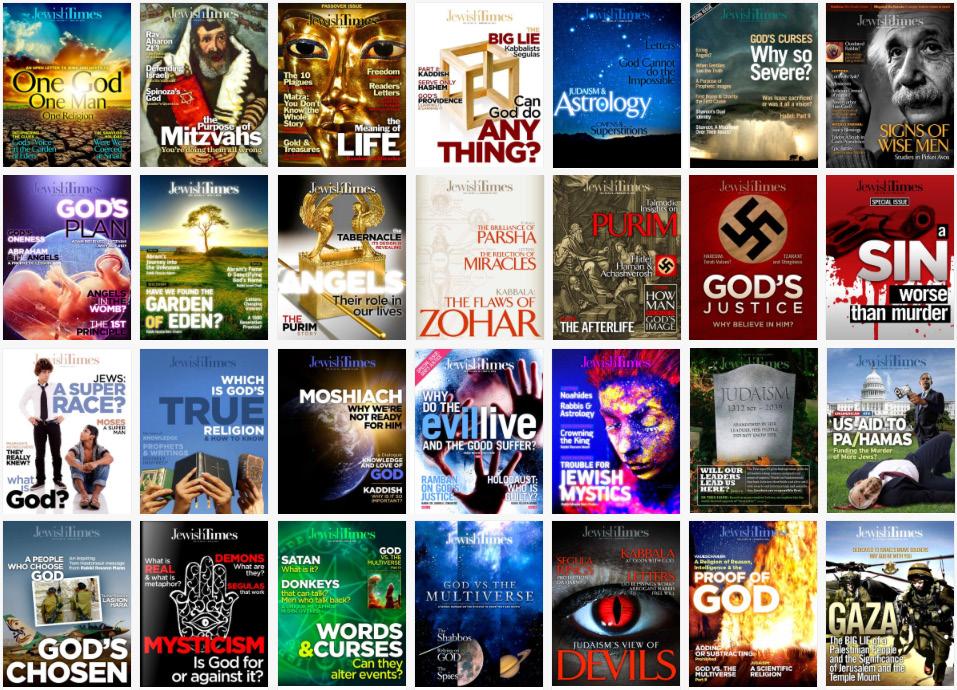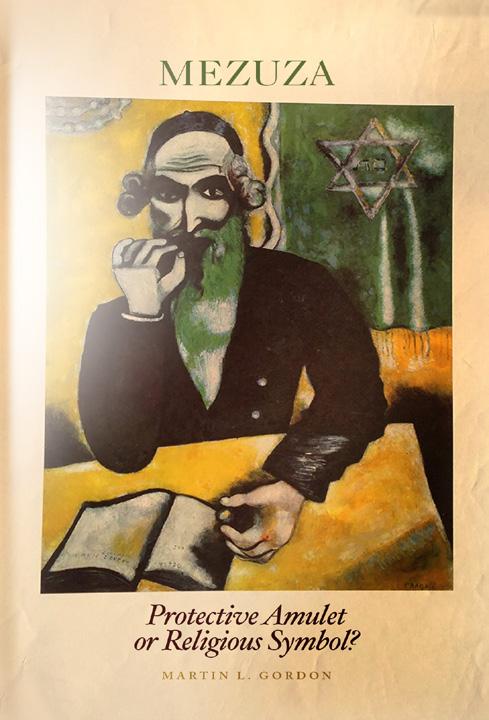Accepting all Religions?
READER: I respect all religions and am open to accepting any one.
RABBI: You must realize that religions reject each other on fundamental issues. Thus, your acceptance of all religions means you accept contradictions. This
in turn means you do not commit to any convictions, so you in fact have no clear positions, or values. You do not a rm anything as true. And when we are in doubt, we have failed to act as an intelligent being. Many religions accept intermediaries to relate to God, while Judaism fully rejects this. This rejection is

are free.
We invite feedback at
–––––––––––––––––––––––––Articles may be reprinted without consent of the
or the authors, provided the content is not altered
credits are given. WWW.MESORA.ORG JAN. 2, 2023 | 3 MESORA
Subscriptions
To subscribe, send any email to join@mesora.org
comments@mesora.org
Jewishtimes
and
(CONT. ON NEXT PAGE)
based on the reality that God knows all, and can do all: He is omniscient and omnipotent. Nothing else is required for man to relate to God. Belief in intermediaries also elevates that intermediary to greater capacity than a human: one thinks the intermediary can reach God where a human cannot, explaining the need for the intermediary and not simply praying to God directly. And in all cases, when one accepts an intermediary that is not human, that person projects intelligence onto either an inanimate idol or natural force, or he projects intelligence onto a fantasy, like one who has a wrong notion of the stars or angels, and prays to them. He may also wrongly pray to the dead or engage in amulets to control his fate.


Most religions do not require reason or proof and applaud those who can accept as true, a notion that has not been proven. They value this “faith” as a grand display of an admirable religious person. In essence, faith means man believes what has not been validated as true. He denies his senses as tools through which God deemed man determine reality. God does not wish man to believe he sees what is not there. He does not wish man to accept unproven notions, like intermediaries existing between man and God. God prohibits idol worship, superstitions, praying to man and all intermediaries.
Accepting all religions means one is not engaging his or her mind. And when the mind is inactive, it is impossible that one knows what is real. Thus, accepting all religions means one knows nothing, which in fact, invalidates the religion you wish to endorse.
We certainly respect all human beings, but we do not confuse respect with intelligent thought: we can respect and disagree with the same person. And we certainly must not allow respect to make us agree with what is false. This removes the opportunity for us to correct another of God’s creations. And we should desire to perform good for all people, which at the highest level means we educate them.
Certainly, all religions cannot be true as they fundamentally oppose each other. The only true religion is the one proven to originate with God. This requires mass witness as validation—as does all history—and Bible alone provides proof of mass attendees at that event on Mt. Sinai 3334 years ago. Yes, there are claims, but there is no other event throughout time with masses witnessing God giving a religion to man. And without proof for a religion’s claim of divine origin, one simply follows unproven notions.
It is irrelevant how ancient a region is, or how man adherents the religion has. For idolatry is older than all religions, and it had nations of followers. There is only one human design. Just as cancer is treated identically among blacks, whites, Asians and Indians, racial di erences also do not change the human psyche, which is identical across all mankind. We all seek happiness, are hurt when insulted, we miss those who have passed, and we care for children. There is one human being, explaining why God gave only one religion. All religions other than Bible fail to provide proof of divine origin. ■


4 | WWW.MESORA.ORG JAN. 2, 2023
LETTERS SHARE
CAN YOU FORGIVE?
RABBI REUVEN MANN
This week’s Parsha, VaYigash, describes the very dramatic reconciliation between Yosef and his brothers. It came about because of the greatness of Yosef HaTzadik (the righteous) who was in full control of what was to take place. All the practical power was in his hands, and had Yosef actually decided to repay his brothers in kind for what they had brought upon him–had he acted other than the heroic manner in which he did—Jewish history would have had a much di erent course.


But Yosef did not live his life to fulfill his personal ambitions. Nor did the glorification of ego, which is the main motivator of most leaders, play any role in his conduct. What, then, was Yosef?

He was the quintessential Eved Hashem (Servant of G-d). Once the brothers were under his control, his only consideration was; what is it that Hashem would want me to do?
Certainly not to satisfy any personal grievances.
His task was to “read” the Hashgacha (Providence) in order to decipher the Divine Plan. He recognized that the events were the fulfillment of the prophetic dreams he had experienced back when he was a misunderstood seventeen-year-old. Hashem had placed him in a position to establish a foothold for his family in the land of Egypt and secure their well-being
SHARE WWW.MESORA.ORG JAN. 2, 2023 | 7
(CONT. ON NEXT PAGE)
during the excruciating years of the famine.
This marked a crucial phase in the development of Klal Yisrael. The twelve tribes were to be the building blocks and constituent elements of the Jewish nation. This meant that there had to be a great sense of brotherhood among the leaders of Israel’s tribes. However, the conflict between Yosef and his brothers had torn the family asunder and created hatreds and divisions which appeared to be unfixable.
Hashem has planted within us the ability to be grievously hurt and yet to forgive one’s antagonist. I am not speaking here of Christian forgiveness, which is automatic and unconditional. In my opinion, it is contrary to morality to grant forgiveness to wicked individuals who persist in their ways and refuse to repent. When a person is genuinely contrite, renounces his sin and changes his ways, it is then appropriate to forgive him. Not before.
The reconciliation with Yosef took place twenty-two years after the brothers had sold him to Egypt. After being imprisoned by Yosef, the brothers reflected on their deed and blamed themselves for their cruelty in hardening themselves to Yosef’s heartrending pleas when they disposed of him. And Reuven castigated them for not realizing that Yosef was just a kid and should not be judged as an adult.
However, the greatest expression of Teshuva (repentance) was that of Yehuda. He pleaded with the Egyptian ruler to allow him to take the place of Benyamin in jail, so that Yaakov should not have to experience the loss of the son who had assumed the place of Yosef, in his emotions. A sense of profound sympathy and understanding for Yaakov’s favoritism of Benyamin had replaced the animosity the brothers had manifested for his favoring of Yosef.
The brothers had sinned grievously, but this time they had a complete change of heart and had done Teshuva. Now the ball was in the court of the victim, of Yosef. Many people find
themselves in this selfsame position. They receive apologies from people who have been very hurtful to them. Their past tormentors are now full of regret and sincerely seek to atone for previous o enses. They apologize profusely and seek forgiveness, but not every victim can find that compassion in his heart.
Yosef recognized that he had not been entirely blameless in all that had happened, and that he had contributed his own share to the hatred and misunderstandings that had arisen. He realized that he needed forgiveness as well. More importantly, he wasn’t focused on all the pain that he had su ered.
When he considered the course of his personal odyssey, he saw in it the Hashgachat Hashem. Hashem's objective was to establish Yosef in a position of power in Egypt in order to e ectuate a great salvation for this very unique family; which was destined to become the Jewish People. He was filled with gratitude to have played a crucial role in the unfolding of the Divine plan, which ultimately was for the benefit of all mankind. And he forgave his brothers with a full heart. May we merit to be able to emulate his example.
Shabbat Shalom
Dear Friends,
My newest book, Eternally Yours: G-d’s Greatest Gift To Mankind on VaYikra is available at: amazon.com/dp/B09SHRXS3Q (see next page)
I hope that my essays will enhance your reading and study of the Book of VaYikra and would greatly appreciate a brief review on Amazon.com. Additionally, for those in Eretz Yisrael, my books are available at David Linden’s bookstore located at Emek Refaim Street 21, Jerusalem and at Pomeranz Book store, Be’eri 5 Jerusalem. They are very nice stores to visit and browse.
—Rabbi Reuven Mann ■
8 | WWW.MESORA.ORG JAN. 2, 2023

SHARE

1 0 | WWW.MESORA.ORG JAN. 2, 2023 SHARE Designers of the Jewishtimes & Mesora.org Building loyalty and sales through design strategies 516.569.8888 NYDesign.com Branding UI/App Design Wires/Prototypes App Store Design Dataviz/Charts Infographics Iconography Illustration Websites Landing Pages Editorial Design Presentations Social Media Advtg/Promo Animation Packaging
DIVINE DREAMS: 2 LessonsAmazing
Rabbi Moshe Ben-Chaim
When studying Joseph’s dreams and interpretations, the analogy of a genius painter comes to mind. This painter would arrange millions of paint specks on a single paintbrush. Then, using only one stroke, he would move his brush across a blank canvas. Suddenly, a beautiful scene would emerge; trees with colorful leaves, birds in flight, sun and clouds, mountains, and streams. A passerby witnessing the picture-perfect scene emerge with one stroke, would be in awe of how, with one action, this painter anticipated how all the paint specks would fall into place and create a perfectly harmonious and picturesque scene. God’s two dreams granted to the young Joseph paint such a picture.
When he was 17, Joseph dreamt of 11 sheaves bowing to his. And then in another dream, he saw 11 stars and the sun and moon bowing to him. Even after seeing his brothers’ dismay at his retelling the first dream, Joseph nonetheless felt compelled to repeat his second dream to his brothers, and to his father in a second recounting. It was due to these dreams that the brothers conspired to kill Joseph…eventually selling him instead. It was his father who rejected an interpretation that they would all bow to Joseph: the 11 stars being his 11 brothers, and the sun and moon representing Joseph’s parental figures (his
mother already died, discrediting the dream’s accuracy). At this stage, it does not appear that Joseph o ered his own interpretation. Yet, 13 years later, Joseph accurately and astonishingly interprets not only the dreams of Pharaoh’s stewards, but also Pharaoh’s dreams. All 3 dreams came true exactly! But how did Joseph know their interpretations? This question is strengthened by Joseph’s apparent lack of interpretative sills concerning his own two dreams. And many of the Torah commentaries including Ramban and Klay Yakkar do not suggest Joseph was divinely inspired with the interpretations; he interpreted each dream solely through his own wisdom.

Later on, when his brothers descended to Egypt to purchase food during the famine, the brothers did not recognize the now 39-year-old, bearded Joseph standing before them. It is suggested that a further denial of this Egyptian viceroy truly being Joseph, was generated from the brothers’ rejection of any success Joseph would attain. Having been humiliated by his brothers, they were sure Joseph would be psychologically crippled, and certainly no viceroy.
When Joseph sees his brothers, he “recalls the dreams.” Rabbi Israel Chait said that this means that Joseph recognized the divine license provided by his dreams to subjugate
WWW.MESORA.ORG JAN. 2, 2023 | 1 3 SHARE
(CONT. ON NEXT PAGE)
his brothers into repentance. Creating a situation where the youngest Benjamin would be imprisoned on false charges, Joseph orchestrated a replica of his very own sale to force his brothers into a parallel dilemma. Would they abandon the accused Benjamin now, who ostensibly stole Joseph’s goblet, as they had abandoned Joseph 20 years earlier when they sold Joseph? Or, would they display complete repentance, and sacrifice themselves for their brother? Normally, one is not permitted to place anyone under such a trial, but Joseph recognized his dreams as divine in origin: a license to perfect his brothers. As Rabbi Chait taught, the first dream of the brothers’ sheaves bowing to his—physical dominance—was the precursor for Joseph’s dominance over them in the spiritual realm, symbolized by the 11 stars, sun and moon bowing to him. The first dream was meant by God to teach Joseph that when the brothers would bow to him for food, Joseph thereby received permission to rule over them concerning their perfection, symbolized by higher bodies: the luminaries.
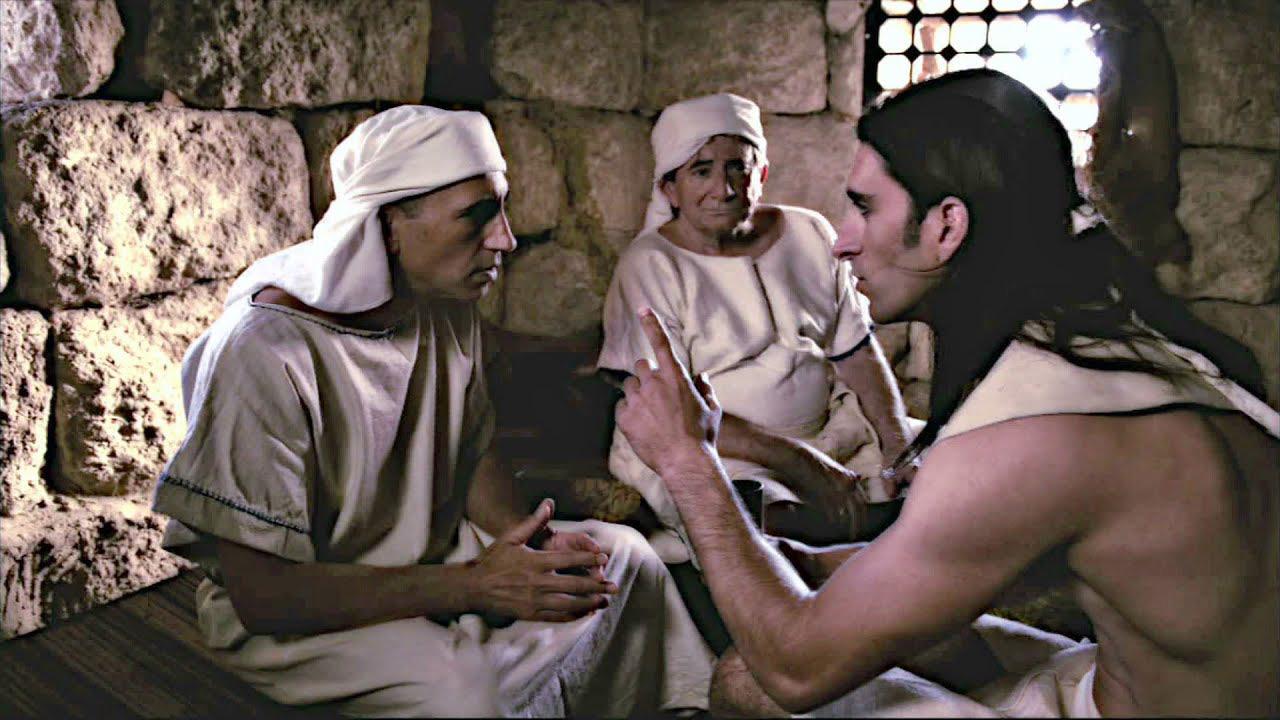
Subsequent to his dreams, Joseph understood their meaning; and not necessarily 39 years later when he first saw his brothers…but perhaps much earlier. Torah only tells us that he recalled the dreams upon seeing his brothers, to teach that this was when he would act upon those dreams. But their interpretation may have preceded this by many years.
When did Joseph become such a great dream interpreter? In Egypt, he was imprisoned for 11 years and he didn’t seem to o er interpretation to his own dreams
at 17 years of age. From where did Joseph obtain such knowledge of dreams, that he would eventually interpret the dreams of Pharaoh’s stewards and Pharaoh himself, with such precision? We are aware of the Torah’s description of Joseph as “Ben Zekunim” or as Unkelos translates, “a wise son.” Jacob taught Joseph all his knowledge attained at the Yeshiva of Shem and Aver. Perhaps this included lessons Jacob learned from his own dream of the ladder, and maybe others. So at the very outset, Joseph was a wise individual. We also wonder why God gave these two dreams to Joseph, as they apparently contributed—if not caused—Joseph’s sale. But we cannot approach God’s true intent without His saying so. However, we can study, and perhaps suggest possibilities.
God’s Dreams: Altering History and O ering Perfection
God is perfectly just. He would not jeopardize Joseph’s life or well being, had Joseph not warranted this sale. We learn that Joseph beautified himself. He also reported his brother’s wrong doings to his father. He had an egoistic tendency, which was rightfully corrected as God humbled him in prison for many years. He publicized his dreams attracting unnecessary jealousy upon himself, which culminated in his sale and ultimately, his imprisonment. Thus, with Joseph’s dreams, God clearly intended to perfect him. But that was not the only reason for the dreams. As we
SHARE
(CONT. ON NEXT PAGE)
Joseph interprets the dreams of Pharaoh’s stewards
mentioned, the genius painter performed one stroke of his brush, and created a perfect picture with tremendous detail. God’s dreams prophetically sent to Joseph had many ramifications.
Rabbi Chait taught that the dreams also provided perfection for the brothers, as Joseph was licensed through the dreams to place them into this trial regarding Benjamin. Simultaneously, this forced Jacob to part with Benjamin, perfecting Jacob as well, by helping him restrain his excessive love for Benjamin, displaced from his beloved, departed wife Rachel. And we see that Joseph’s plan is successful. As Rashi states, when Joseph embraced his father after all those years, we would think Jacob equally embraced his son Joseph. But he did not: he was preoccupied “reciting the Shima.” Of course the Shima (Torah text) did not yet exist, but this metaphor means Joseph’s plan to perfect his father worked: Jacob no longer directed his excessive love towards man, but now, towards God. He re-channeled his passions towards the Creator, as should be done.
So the dreams perfected Joseph by contributing to his sale and refinement of his ego, they enabled Joseph to perfect his brothers by forcing them to defend Benjamin, and they perfected his father as well, forcing him to break his bond to Rachel, expressed towards her son Benjamin. We might think these matters alone are amazing, that two dreams might o er so much good for so many. However, there is a great deal more to Joseph’s dreams. Something even more astonishing.
Dream Instruction
We asked earlier how Joseph transformed into such a brilliant dream interpreter. How did he know that the dreams of the stewards and Pharaoh were true and Divine? What did Joseph know about dreams? All he had were his 2 dreams years earlier. Soon thereafter he was cast into prison for over a decade. However, those dreams o ered Joseph more than we think.
What was Joseph doing in prison this entire time? Of course he must have had chores, and he was promoted to oversee the other inmates. But he had his solitude as well…time to think.
Having received tremendous knowledge from his father, the teachings of Shem and Aver, Joseph gained deep insight into how God rules the world, and interacts with mankind. He knew the concept of repentance, for he was soon to be the conductor of his family’s repentance. He too must have reflected on his own state seeking repentance, “Why am I in prison? What is my sin?”
He soon realized his dreams precipitated his descent into slavery, and that God gave him these dreams. He analyzed his dreams, and must have spent many hours, days, and weeks studying God’s precise communications of the night. What did he discover?
Pharaoh and His Stewards
10 years elapsed in prison. One day, Joseph saw the wine and bakery stewards were troubled by their dreams, and invited them to recount them before him. Joseph interpreted both dreams exactly in line with what happened: the wine steward was returned to his post, and the baker was hung. 2 more years elapse, and Joseph finds himself before Pharaoh. Pharaoh heard of Joseph’s interpretive skills, and he too told Joseph his dreams. Again Joseph interprets the dreams with exact precision, and they come true. But if God did not tell Joseph the future, how did he know it? We now arrive at the core of the issue…
2 Divine Signs: Dreamer & Duplication
God’s dreams granted to Joseph contained content, but they were also “instructive.” God gave Joseph 2 dreams, for objectives in addition to perfecting his family and himself. What do I mean? Besides the “content” of the dreams, prophetic dreams also have a “style”: 1) the chosen dream recipient, and 2) dream duplication.
Joseph received these dreams, and none other. He also received 2 dreams. Ramban states that 2 separate but similar dreams are unnatural: Pharaoh could have naturally seen both dreams’ content concerning the cows and the ears in a single dream (Ramban, Gen. 41:32). Pharaoh didn’t wake up and dream similar content again…unless it was divinely inspired. The same rule applies to the 2 stewards who dreamt similar dreams. And Joseph knew this. Joseph too had 2 separate dreams with similar content (Gen. 37:9). Ibn Ezra teaches that duplication in dreams indicates their divine origin: “[divine] dreams are doubled, as is the manner of prophecies” (Num. 12:6).
Joseph had many years to ponder his situation in prison, and much of what he may have pondered was the last event leading him into prison: his dreams. He knew they were from God, as he tells his brothers years later: “God sent me before you to place for you a remnant in the land and to sustain you…” (Gen. 45:7)
What did Joseph determine were indicative of divine dreams? He recognized dream duplication was unnatural. He also recognized that his dreams a ected his perfection, so the “recipient” also indicates divine intent. These 2 elements were contained in the stewards’ dreams and in Pharaoh’s dreams. The stewards’ dream duplications were a variation, but no less telling of their divine nature, since they both occurred the very same night, to 2 individuals, and they facilitated Joseph’s release. Pharaoh also had 2 dreams, and of additional significance, it was “Pharaoh”—the man with the wherewithal to address the forecasted famine—who received the dreams.
Joseph understood from his own experience
WWW.MESORA.ORG JAN. 2, 2023 | 1 5 SHARE
(CONT. ON NEXT PAGE)
that dream duplication and a strategic dream recipient point to the dream’s Divine nature. So convinced was Joseph of their divine origin that the recipient is of a telling nature, Joseph says to Pharaoh, “What God plans He has told to Pharaoh” (Gen. 41:25). Joseph meant to say, “Repetition, as well as your reception of this dream as opposed to another, indicates your dreams’ divine nature.” And Joseph repeats this in verse 28.
Had God not granted Joseph these two divine dreams, Joseph would not have pondered dreams. He would not necessarily have studied their style, to the point that he was able to facilitate the good outcome God desired, by emancipating himself through the stewards’ interpretations, and rising to viceroy applying his wisdom to Pharaoh’s dreams.
Amazing!
God used dreams not only to perfect Jacob’s household, but also to train Joseph in dream design and interpretation...the very matter essential for carving our Jewish history. The design of Joseph’s dreams contained the blueprint for determining the divine nature of the other dreams he would interpret. In other words, his dreams were actually dream instructions, not just messages. This is akin to a coded message in an alien language, where the message content is one lesson, but the textual arrangement also contains hints to decipher this new language. Joseph’s dreams’ “content” contained a message for directing his perfecting of his family. But the dream “design” (selected recipient and duplication) taught him how to unravel dreams in general.
With a single brush stroke of Joseph’s dreams, God 1) placed Joseph in prison to humble him, 2) He caused the brothers to repent, this time not abandoning their youngest brother, 3) He caused Jacob to perfect his excessive love, and 4) He trained Joseph in the art of dream interpretation…the science essential for the aforementioned perfections of Jacob, his sons, and Joseph!
The very dreams that caused Joseph’s imprisonment, also provided his release, and helped sustain that generation.
We appreciate God’s wisdom: with one action He e ectuates the greatest good for so many. We also realize that without Joseph’s appreciation that God teaches man with sublime wisdom, Joseph would not have engaged his own wisdom to discern God’s will, nor would Joseph acquire the dream interpretation skills he discovered while in prison. But since Joseph had such deep knowledge of how God works, he turned all his e orts while in prison to analyzing his dreams, using wisdom to 1) uncover God’s message, and 2) study dream style so as to determine which dreams are Divine, and how to interpret them.
A Fifth Message
Additionally, dreams—by definition—are a manifestation of “hidden” material. Understanding this, Joseph knew that if God communicates with His prophets in dreams, as stated in Numbers 12:6, it is for this reason. God wishes to indicate that just as dreams conceal deeper ideas, certainly God’s dreams conceal deeper ideas to a greater degree. God’s selected mode of communicating with His prophets via dreams is meant to underscore the principle that God’s words too must undergo man’s interpretation, if the intended message is to be discovered. With that appreciation, Joseph delved into the study of dreams, both prophetic and mundane. He also determined that dreams of divine origin contain a code, and once detected, can be interpreted. Joseph knew that wisdom is how God designed the world. Therefore, it is only with wisdom that man succeeds.
Relevance to Us
Does this lesson have any relevance in our lives? Without witnessing a miracle, we certainly cannot determine with any certainty that a given action is the hand of God. Maybe it is, maybe not. We do not know. We must review our successes and failures with the possibility that God’s education of man can take one of 2 roads: 1) divine intervention for the individual, as with Joseph’s dreams; or 2) natural laws of general providence, such as “boredom” with new acquisitions. God designed man’s psyche to be frustrated with overindulgence in the physical pleasures, so as to redirect our energies back to the world of Torah wisdom. This is not individual providence, but a law of nature that applies equally to all members of mankind. Our consideration of our travails must straddle both spheres of God’s workings. And since the Talmud teaches that prophecy has ceased, our dreams are not prophetic. However, there is a primary lesson that does apply to us all.
A Life of Wisdom
Joseph’s approach to life was based on his knowledge that God created all. Thus, the world “naturally” functions according to God’s wisdom. Despite the fact that God did not reveal Pharaoh’s or his stewards’ interpretations, through his own interpretations, Joseph secured perfection and sustenance for his family and all of Egypt. Since he guided his actions purely based on wisdom, he was not in conflict with God’s world that functions according to that same, singular wisdom. Rather, he was perfectly in line with it, as his successes teach. We too can perceive God’s wisdom if we earnestly seek it out from His Torah. Wisdom is the key to success and happiness in all areas. We do not need God telling us anything more, or sending signs, just like Joseph did not need God to interpret the dreams. In fact, God
1 6 | WWW.MESORA.ORG JAN. 2, 2023 SHARE
(CONT. ON NEXT PAGE)
has already intervened by giving His Torah to us all.

Viewing our misfortunes as divinely intended—“It’s all for the good”—man deceives himself, and will repeat his errors. Maimonides teaches that most of our misfortunes are self-inflicted. It is only through following Torah—“Let us search our ways, analyze, and return to God” (Eicha 3:40)—analyzing our ways and determining whether they match Torah ideals, that we will avoid many misfortunes, and not need to falsely pacify ourselves with “It’s all for the good.” Using reason in all areas, and admitting our errors with a responsible analysis and internal change, we can engage wisdom to steer us to the truly good path, as God wills for all mankind, and is readily available without further intervention.
The Torah has all we need. Quick fixes like amulets, superstitious red bendels can’t help us. They can’t defend from God’s punishments. They are also powerless to stop our foolishness. God says in Eicha that the approach to self-improvement and a good life is to engage wisdom, and to change our poor behaviors. ■

What is the purpose of gematria? Can we truly learn anything from the numerical representation of words?

What is beneath these creative yet apparently simplistic interpretations?
While jointly pursuing semichah and a PhD in mathematics, it seemed natural for Elie Feder to love gematria. However, he was bothered by these compelling questions. That is, until he discovered the purpose of gematria.
Gematria Refigured presents the discoveries that led to the author’s transformation from a gematria skeptic to a gematria lover. It develops a theory which elucidates how the Torah and Chazal use gematria to direct us toward a very specific type of idea. Through its many examples, this work illustrates how gematria can help us uncover novel insights, while providing interesting and clearly formulated perspectives into many mitzvos, themes, and stories in Tanach.
Buy on Amazon, click below: bit.ly/Gematria1
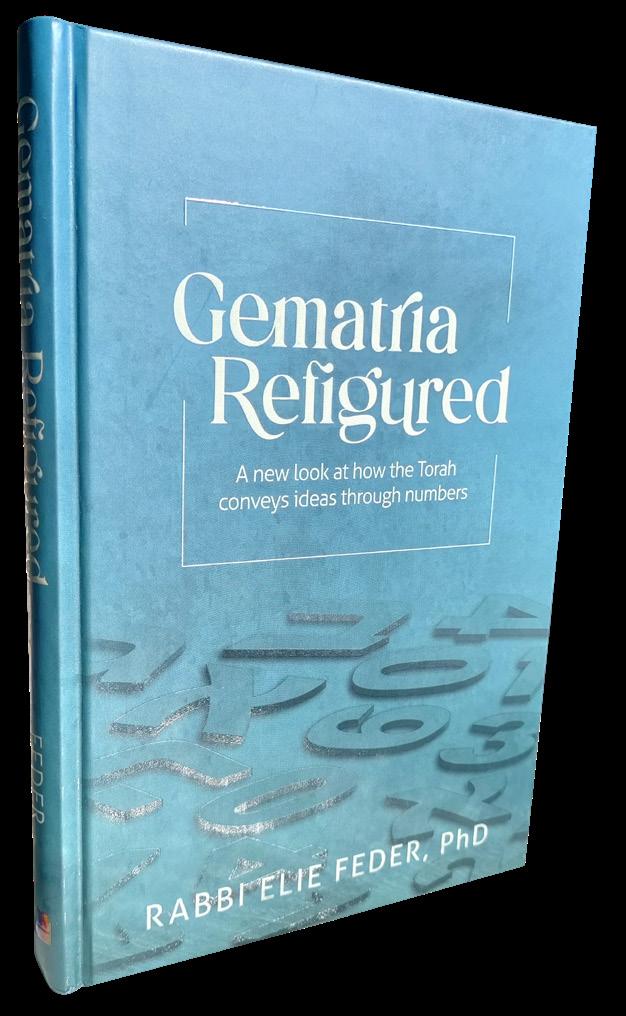
Gematria is a polarizing topic. While many love it, many others view it with skepticism.
Subscribe by emailing: Join@Mesora.org
Original, thought provoking articles on Torah, Israel, science, politics and readers’

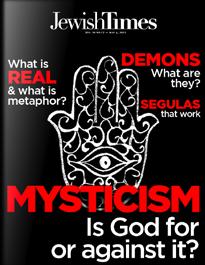

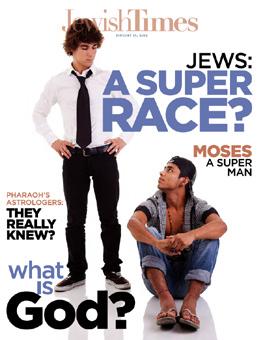



letters.
Enjoy all 628 back issues free: www.Mesora.org
1 8 | WWW.MESORA.ORG
Subscribe to the FREE Jewishtimes.

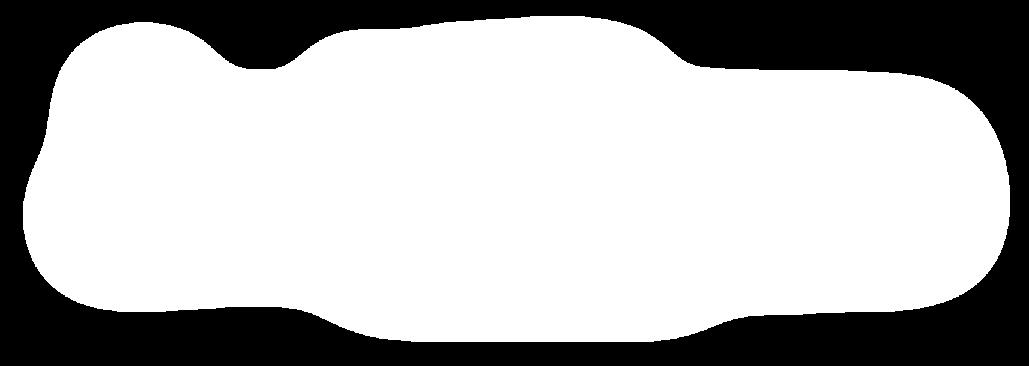




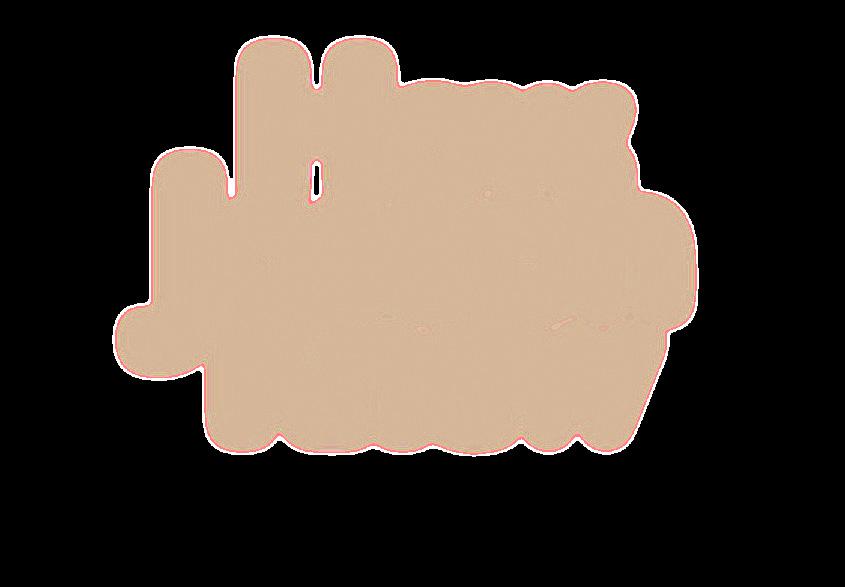




















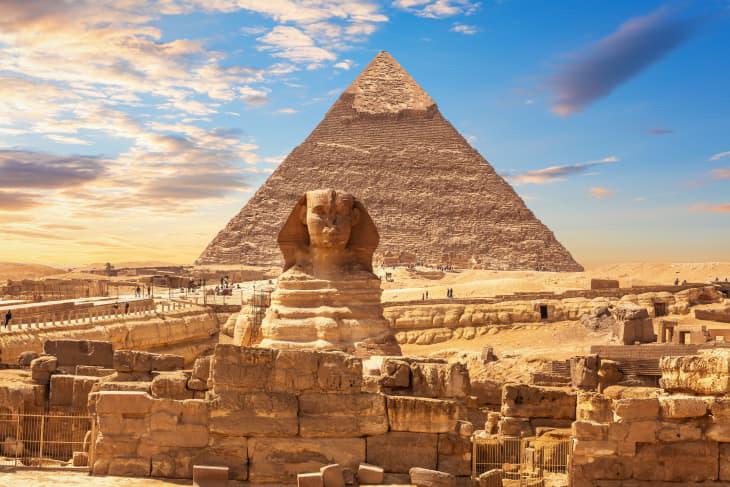 Howard Salamon
Howard Salamon

